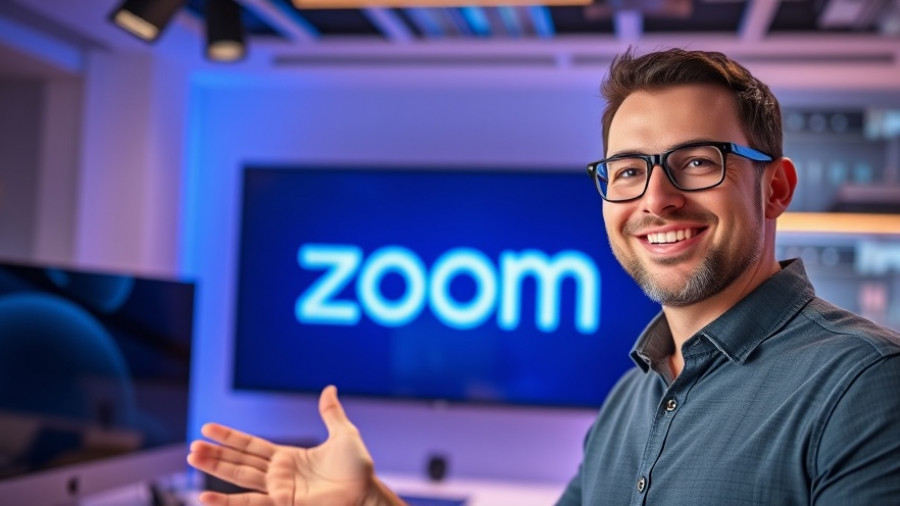
The AI Race Heats Up: Anthropic Acquires Humanloop Team
In a competitive landscape for enterprise AI talent, Anthropic has recently acquired the team behind Humanloop, a prominent player in the prompt management and LLM evaluation sector. This move comes as part of Anthropic's strategy to bolster its enterprise offerings amid intensifying competition with giants like OpenAI and Google DeepMind.
Understanding the Acquisition and Its Implications
While the financial terms of the deal were not disclosed, it represents a trend in the tech industry known as 'acqui-hire', where companies prioritize securing talent over acquiring tangible assets. Here, Anthropic has successfully brought on board Humanloop's co-founders, CEO Raza Habib, CTO Peter Hayes, and CPO Jordan Burgess, along with a significant portion of their engineering team. This strategic hire aims to enhance Anthropic's technological and operational capabilities in AI safety, making their offerings more robust for enterprise clients.
Why This Matters for the AI Landscape
The current AI ecosystem demands more than just high-quality models; it thrives on innovative tooling and evaluation processes to ensure scalable, reliable, and safe AI deployments. Humanloop’s expertise in support tools for enterprises positions Anthropic advantageously within the competitive space. As Brad Abrams from Anthropic stated, “Their proven experience in AI tooling and evaluation will be invaluable as we continue to advance our work in AI safety and building useful AI systems.”
Future Prospects: A Shift in AI Tooling Dynamics
With this acquisition, Anthropic not only expands its talent pool but also strengthens its positioning in the market. Humanloop’s past success in aiding companies like Duolingo and Vanta to refine AI applications will now contribute to Anthropic’s mission of advancing AI readiness and performance. This trend underlines a pivotal shift where talent acquisition becomes crucial in maintaining a competitive edge in technology.
As enterprise demands for effective AI solutions grow, such strategic acquisitions are likely to continue. The fusion of talent and innovation gleaned from Humanloop may very well set the stage for Anthropic to lead in an increasingly complex AI landscape.
 Add Row
Add Row  Add
Add 




Write A Comment